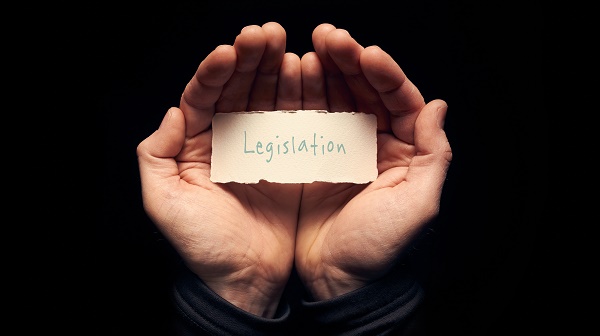 When a consent is slid across the receptionist’s desk with the words “sign this; it let’s us take care of you”, read every word of it. Scratch out every word you do not understand. Remember the stories relayed on this blog.
When a consent is slid across the receptionist’s desk with the words “sign this; it let’s us take care of you”, read every word of it. Scratch out every word you do not understand. Remember the stories relayed on this blog.
Only medical bills, half the cable television bill and half the telephone bill are paid before you receive the goods. If a defective product is sold on the Internet, the seller must replace it or issue a credit. If he does not and if you call your credit card company, it will immediately issue a temporary refund to your account; a written review takes a couple of months’ time.
With a medical bill, the conversation is likely to go something like this:
Patient: “Why was Dr. Noname’s charge $500?”
Healthcare provider business office: “He did these subsystems.”
Patient: “No he didn’t.”
Healthcare provider: “That is what it says.”
There is no refund.
This consent says the institution can “file a claim with your insurance company and be paid directly”. After the “care” that was paid for that I did not receive at AMC, I scratch those words out. I sign a second one before I leave.
The consent does not state that you consent to conduct outside that detailed on the policies and procedures of the facility. I can assure you that medical record fraud is not condoned.
Before you depart the parking lot of the doctor’s office, make a written record of what you know happened–the ROS subdivisions you told the doctor and the questions he/she asked, the PE subdivisions the doctor examined and his diagnosis and treatment plan. Call the next day and request a copy of yesterday’s office visit note. If your record and the doctor’s do not match, call the office and get it corrected.
What I know suggests record fraud involves up to 50 percent of office visit and hospital visit notes. That volume costs up to $100 billion a year. That is $300 apiece for each and every one of 300 million Americans; that money will buy a lot of McDonald’s hamburgers, Starbucks coffee, big screen movies, NB shoes, etc.
Call and write your state and congressional representatives. “I want to assign benefits after the medical care, not before. I want transparency about physician or hospital unprofessional conduct reported to medical regulatory agencies. I want my written record of the bluebook to have the validity of the physician’s.”
Unprofessional conduct needs a Bernie Sanders-type grassroots response. My government representatives do not want to understand. I’ve been hassling them for more than four years, one of my senators as recently as last month.